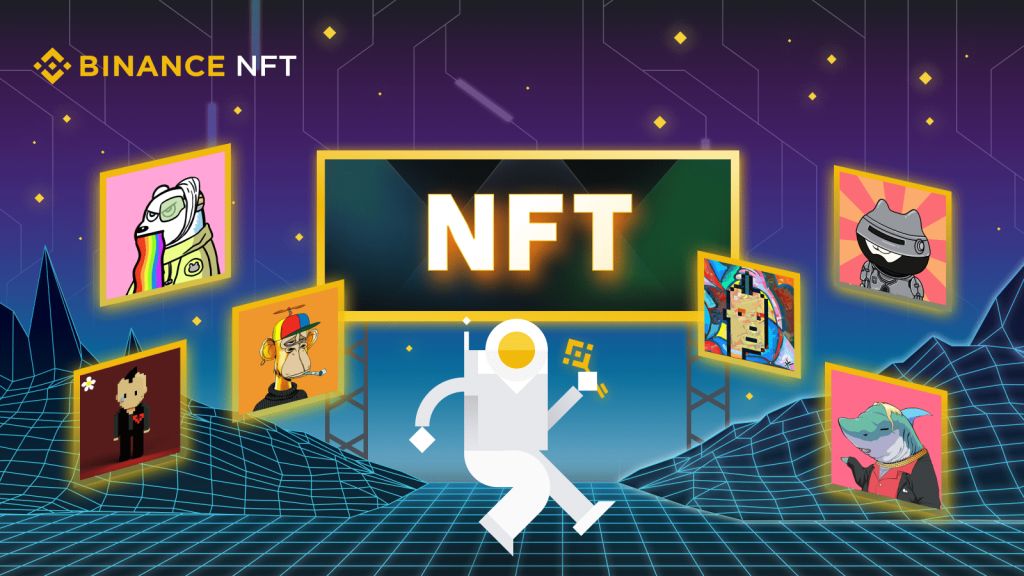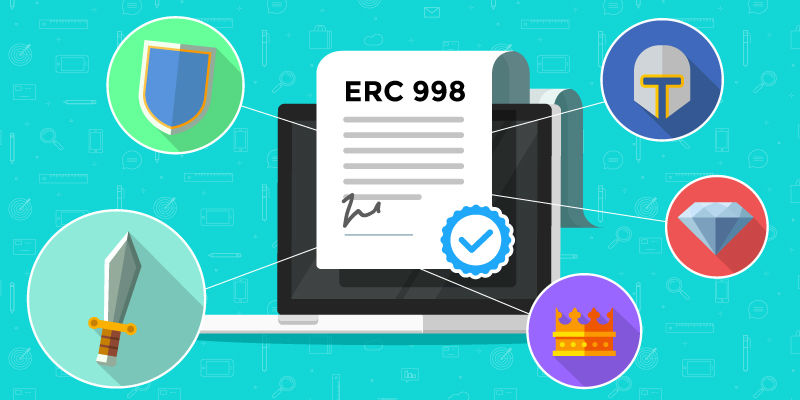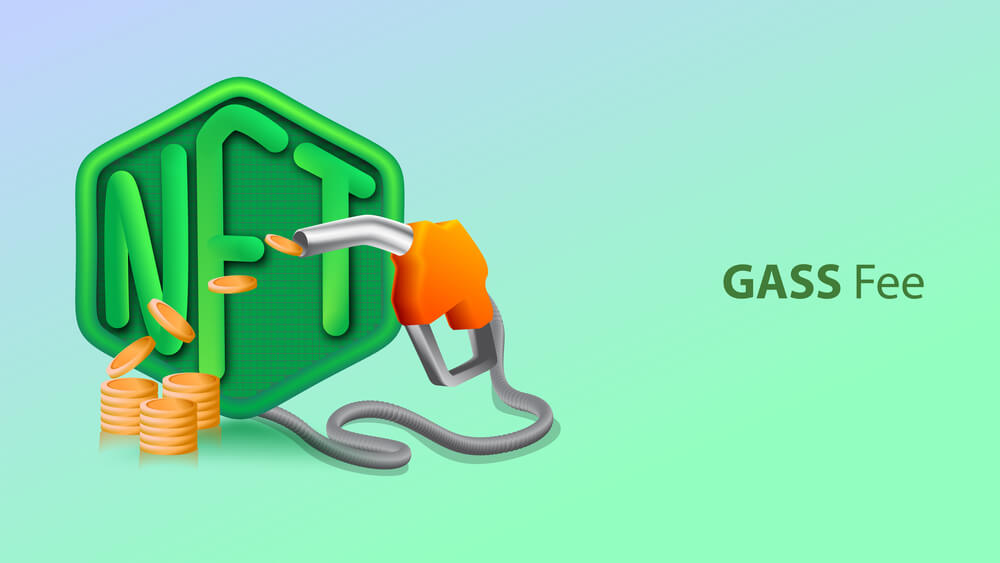Bill Gates, the tech billionaire and the current fourth-richest person on the planet, has criticized the intangible value of the non-fungible token (NFTs). He questioned the intangibility of NFTs during the TechCrunch Climate Change conference on June 15.
Notably, Bill Gates utilized his opportunity to explain some of the progress the society has made in supporting the climate movement and his assessment of current global economics, alongside his skepticism on non-fungible tokens.
Notably, the NFT market has experienced a turbulent financial trend over the past few months, with many digital collectibles shedding more than 60% to 80% in value. Unfortunately, the market tumble has attracted a more cynical attitude towards the NFT industry.

In an exclusive interview at the conference on climate change, Bill Gates sarcastically highlighted the most popular collection, the Bored Ape Yacht Club, stating:
“Obviously, expensive digital images of monkeys are going to improve the world immensely,” “We all agree on that:”
“I’m used to asset classes were like a farm they have output or a company where they make products. Having an asset class that’s 100% based on […] greater fool theory that somebody is going to pay more [for] […] it than I do — and where it has at its heart this sort of anonymity that you avoid taxation or any sort of government rules about kidnapping fees or things […] I’m not involved in that. I’m not long or short, or any of those things.”
Bill Gates Compares NFTs To Fool Theory
In financial terms, the greater fool theory refers to the inflated valuation of assets, whether in stocks, real estate, or indeed non-fungible tokens (NFTs), distributed between the hands of foolish participants.
Bill Gates’ Microsoft, an American multinational technology corporation providing software and consumer electronics, joined the NFT space in December 2019. At the time, the tech firm teamed up to launch Azure Heroes, an Ethereum-based digital collectible on the Azure cloud platform. The project aimed at promoting and rewarding inclusive behavior between developers.
Azure NFTs depicted beaver avatars ascending in rarity level depending on the difficulty of attainment, with learners being the entry-level assets and the prized possession being the Mentor and Maker Badgers.
A few years later, Microsoft joined hands with Enjin and Minecraft to unleash “Azure Space Mystery,” digital gameplay aimed at educating players on prominent female scientists throughout history.
Nonetheless, the tech billionaire has consistently advised cryptocurrency investors to adopt cautious discretion when investing in crypto space. In an exclusive interview in February, Gates declared that:
“I do think people get drawn into these manias or who may not have as much money to spare” and that “I’m not bullish on Bitcoin.”
Bill Gates advised investors to avoid the nascent crypto asset class citing its volatility and lack of any meaningful underlying use case. Since the crypto space mostly thrives on speculation, it is possible that it could crumble to nearly nothing which worries some of the major investors like Bill Gates and Warren Buffett who criticize it whenever they get a chance to do so.





